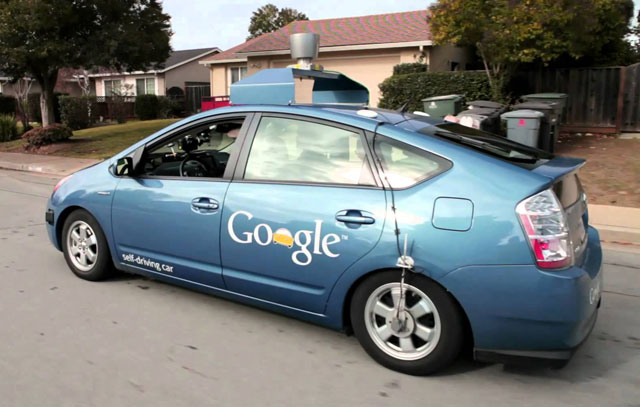The Silk Road trial has concluded, with Ross Ulbricht found guilty of running the anonymous online marketplace for illegal goods. But questions remain over how the FBI found its way through Tor, the software that allows anonymous, untraceable use of the Web, to gather
Author: The Conversation
News that Google is to get into the ride-hailing scene – the same taxis-that-aren’t-taxis business pioneered by Uber – may have come as a surprise to some. We can speculate that it may even have
In January 2004, the third instalment of The Lord of the Rings received 11 Academy Award nominations. From the outset, it was the clear favourite in the Oscars race. Behind it, there was an assortment of studio films such as Mystic River, Seabiscuit and Master and Commander
The Earth recently entered a new epoch – the Anthropocene. Since the dawn of modern mechanised industry and the use of fossil fuels, the story goes that human beings have become the dominant force for change in our atmosphere, seas and land. It is a
Microsoft’s part in a US$70m investment in CyanogenMod has raised many eyebrows: why is Microsoft investing in a popular version of the Android mobile phone operating system when it has its own competing Windows Phone
In 2014, 1 215 rhinos were killed in South Africa for their horns, which end up in Asia as supposed cures for a variety of ailments. An estimated 30 000 African elephants were slaughtered last year for their tusks to be turned into trinkets. The world loses three rhinos a
Checking social networks is a morning ritual for many, and when that routine is disrupted — as it was this week when Facebook’s servers went down — its absence can come as a surprise. But what also becomes apparent is that when the world’s most popular social
BlackBerry, once the must-have device for the sweaty palms of executives and wannabe executives everywhere, has seen its global share of the smartphone market fall to below 1%. So would you still buy this unpopular phone? If you live in parts of Africa, India or Indonesia
Theft of vehicles is about as old as the notion of transport – from horse thieves to hijackers. No longer merely putting a brick through a window, vehicle thieves have continually adapted to new technology, as demonstrated by a new method to steal a car without the
Microsoft, once the dominant force in the software industry, has for a few years been on the back foot. Despite its undeniable clout and the world’s largest installed base of users, it has been slow to move











